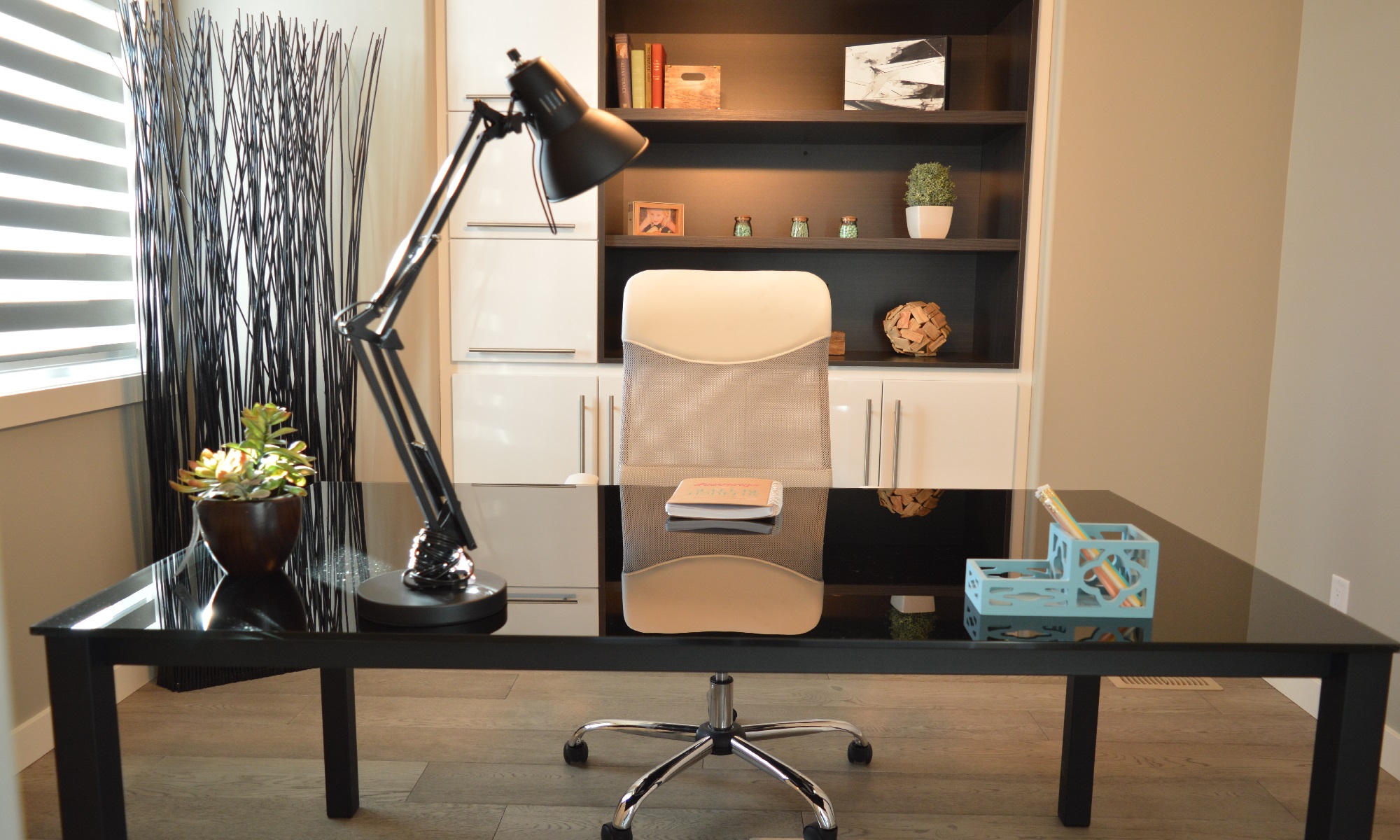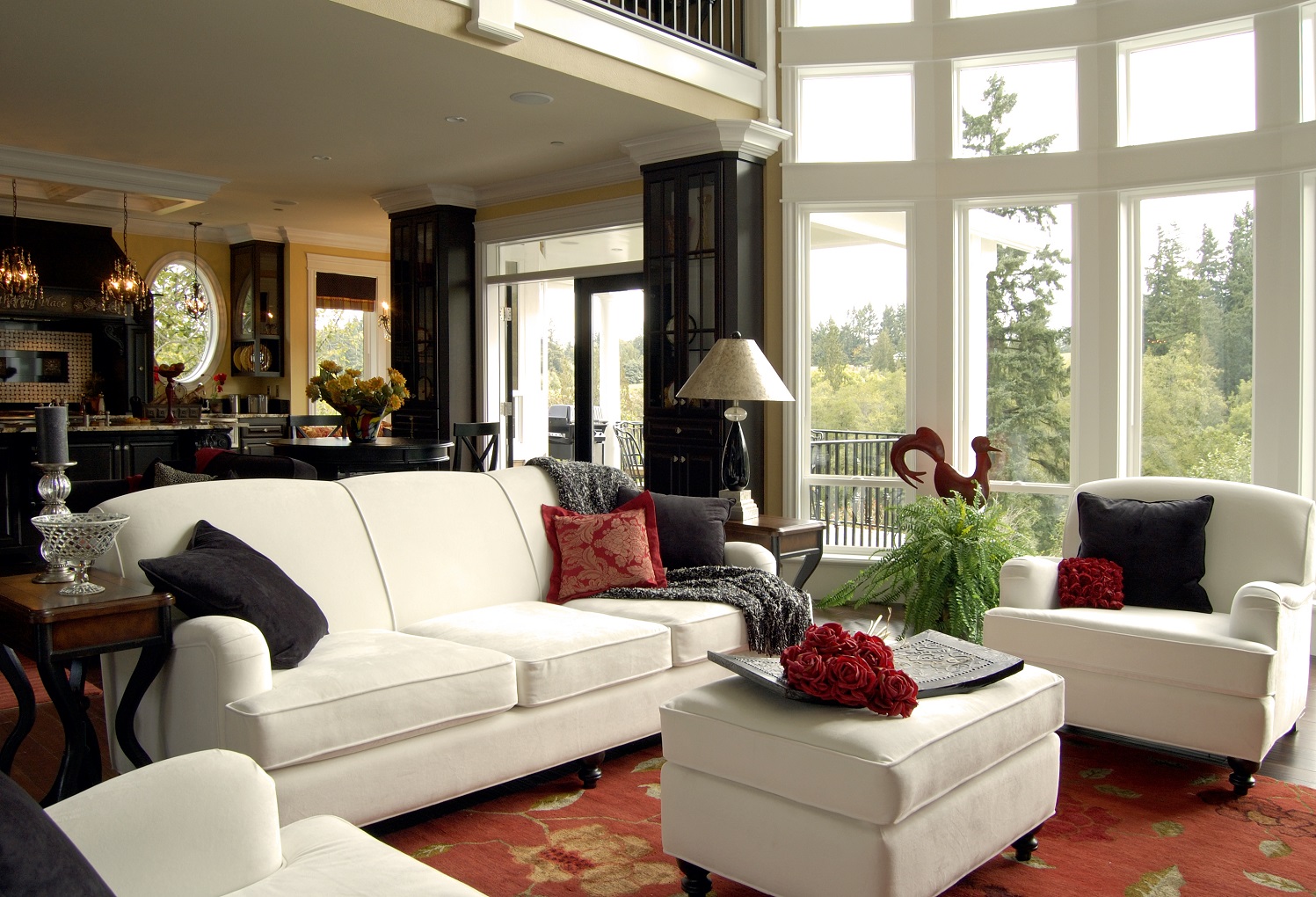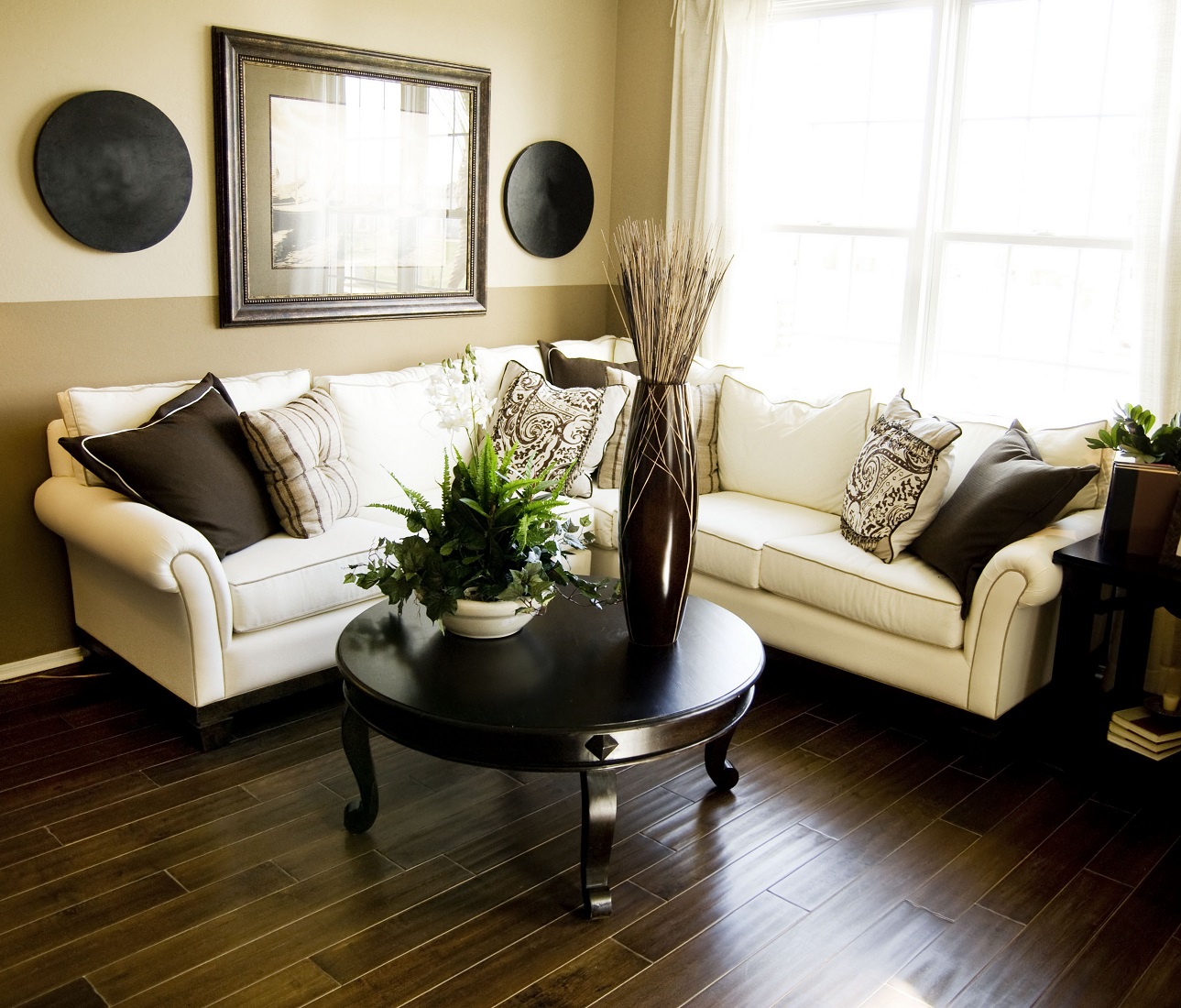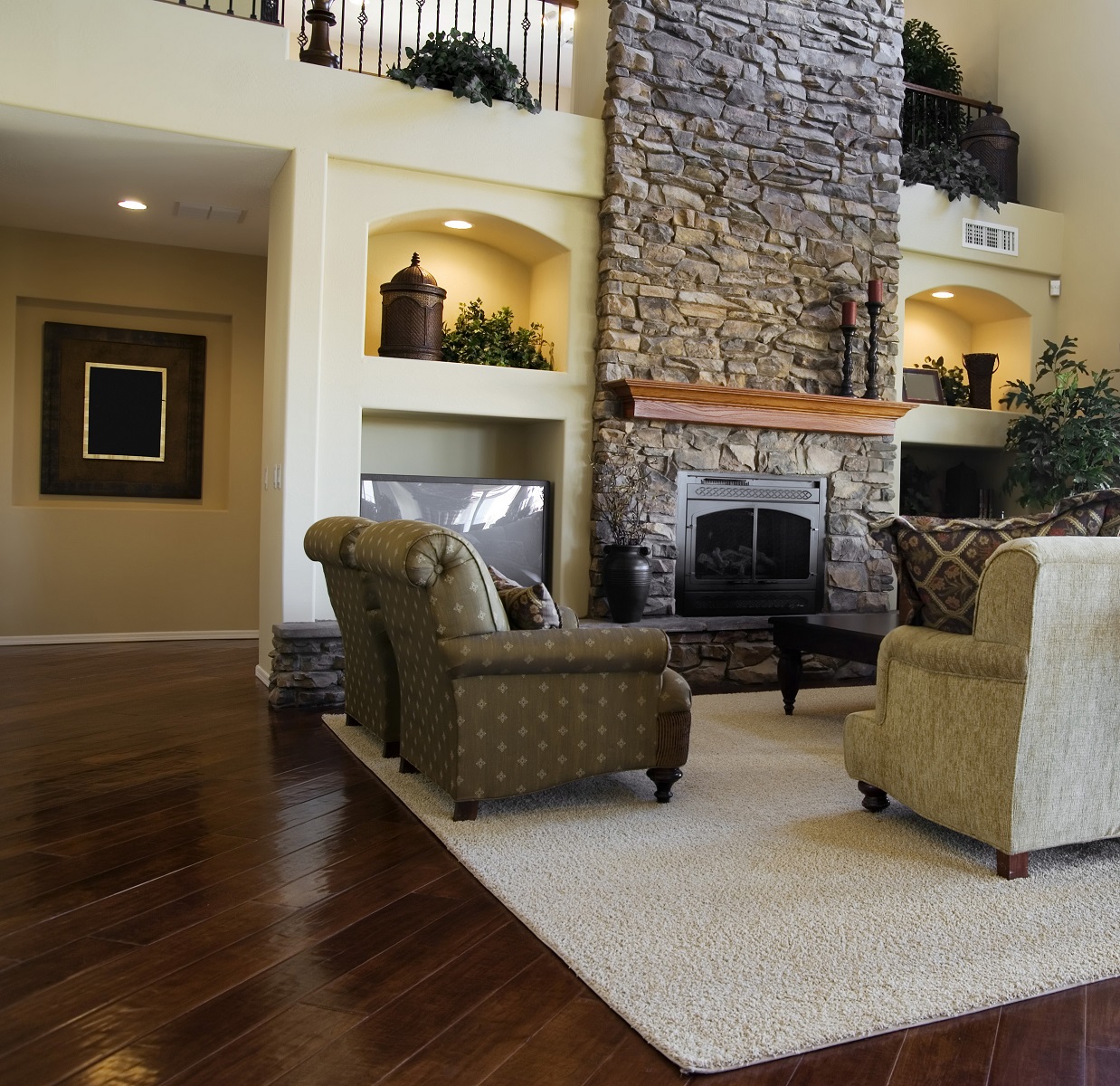+
-
Sub Menu
- Home
- Our Office
- Contact Us
- Search Area Properties
- Meet The Authors
- Team Champion
- About Us
- VISION CASTING - Audio Interview with the DIRECTORS of CHAMPION REALTORS
- Buyers' Listing Agreement
- Property Management
- Property Valuations
- Where and What to buy
- Moving Tips
- Real Estate and Divorce
- How to get your Property Sold
- Tips for Home buyers
- Buyers Guide to purchasing Real Properties
- Testimonial
- Real Estate Glossary
- Mortage Glossary
- Mortgage Tools
- Schools, Parks and Community Service
- Expert Q & A
- Testimonials

- Rohan MG Moore
- Chairman / CEO
- 2468506480
- Dr. Cheryl G. Moore
- President of Operations
Home Sale Tips

Tip No. 1
Know why you're selling.The reason you look closely at why you want to sell is because your motivations play an important part in the process. They influence everything from setting a price to determining how much time and money you'll invest in getting your property ready for sale. For example, what do you feel is more important to you: the profit you walk away with, or the length of time your property is on the market? If your aim is a quick sale, that can dictate one kind of approach. If your desire is to maximize your profit, the sales process will usually take longer.
Tip No. 2
Once you know, keep it to yourself.Your reasons for selling will influence the way in which you negotiate the sale of your home, but they shouldn't be given as ammunition to the person who may be a potential purchaser. For example, a prospective buyer who perceives that you must move quickly has the upper hand in the negotiation process. When questioned, simply state that your housing needs have changed. Your reasons are of no one's concern but your own.
Tip No. 3
Do your homework before setting price.Deciding what price your property should be listed at should take careful consideration. Once you have set your price, you have told prospective purchasers the absolute maximum they will have to pay for your property. The objective for the sales representative is to get a selling price as close to the offering price as possible. If you begin by pricing too high, you might not be taken seriously by prospective purchasers and their agents. Starting too low, can result in selling for much less than market value. Setting your home's sale price can be reasonably easy. If you live in a subdivision consisting of homes with similar or identical floor plans, built around the same time, all you should have to do is average out the asking prices for the recent resales in the neighbourhood and that should give you a good starting point. This could pose a problem for people who live in older neighbourhoods that have changed quite a bit over the years. Every home in your neighbourhood may be different in insignificant or substantial ways - the house next door may have added an office, for example, or the one across the street might have been built recently to occupy a vacant lot. As a neighborhood evolves over the years, you may find that there are less and less homes that are truly comparable to your own. If you choose to sell your home on your own, the most common way to set a value is to look at homes that have sold in your neighbourhood within the past 3 to 12 months, as well as those presently listed for sale. That's unquestionably how prospective buyers will assess the worth of your home. It is common to learn what homes have sold for in your neighbourhood by making a quick trip to City Hall; home sale information is public record in most communities (but not all). If you would rather not risk a possible negative conclusion, you may decide to hire a Sales Representitive/Broker. Your Sales Representitive/Broker will do all the market research and provide you with comparisons showing where your home should be priced to best meet your goals - a fast sell, maximum profit, etc. Keep in mind a great Sales Representitive/Broker is attuned to certain market conditions that may not be evident from comparable sales and listings.
Tip No. 4
Go home shopping yourself.One of the most informative ways to get to know your competition is by viewing other homes on the market and trying to identify features that are popular and to discover what turns buyers off. Plan on spending a couple of weekends touring other homes on the market to learn what other sellers are asking. Be sure to make note of the floor plan, condition, appearance, size of lot, location and other features. While you visit these homes, be observant to the details (and what other 'buyers' are saying), this will help you acquire a good understanding of how different features affect pricing. It is at this point that you can apply what you've learned to the task of setting your price. It is important to include in your equation what homes are actually selling for, not just simply what people are asking. And remember, if you're serious about selling your home quickly, don't be more expensive than your neighbour.
Tip No. 5
Know when to get an appraisal.You may find that sometimes you can use a good appraisal to benefit you in the marketing of your home or property. And if you get a certified appraisal, you can use it to let potential purchasers know what amount can be financed. However, you must determine whether the costs are worth it or not. Also keep in mind that it has a limited life.
Tip No. 6
Your tax assessment means almost nothing.In some cases people look to their tax assessments to assist them in determining a value. There are a number of things wrong with this approach, for example assessments are based on criteria unrelated to property values, so they often don't reflect the true value of your home. It is quite common to find two identical homes in the same neighbourhood with drastically different tax assessment values because one was purchased more recently than the other.
Tip No. 7
Find a good Sales Representitive/Broker.Almost two-thirds of the people who try to sell their own homes say they wouldn't do it themselves again, according to research by the National Association of Realtors. People surveyed found that there were difficulties in determining a price, limited marketing approaches and avenues. As well there is a liability concern among the primary reasons they would turn to a Sales Representitive/Broker next time. And quite often selling a home privately takes up more time and effort than you might have initially expected. Many top Sales Representitive/Broker are more than willing to assist do-it-yourself sellers with some of the paperwork, contracts, etc.. Plus you'll have built up a relationship with an agent if problems do arise that require professional assistance. If you decide to work with a Sales Representitive/Broker, contact two or three. Explain to each that you're thinking about putting your home on the market and you'd like to meet to talk about pricing and marketing. By having this group “evaluation” done, you should end up with a fairly good price range to assist you in your decision. If a Sales Representitive/Broker's price is substantially higher or lower than the average price range, you should ask him or her to justify the estimate. Just as you should be concerned with a price that is too low, beware of agents who gives you the highest price — they may be trying to buy your listing. Educated Sales Representitive/Brokers know the market, and your neighbourhood in particular. They will supply you with information on past sales, current listings, a marketing plan, something on their own background, and references from past clients. Take the time to carefully evaluate candidates on the basis of their sales experience, negotiating abilities, qualifications, enthusiasm and personality. One of the most important factors is to make sure the person you choose is going to put in a lot of hard work on your behalf.
Tip No. 8
Give yourself room to negotiate.It is important to make sure you leave yourself enough room in which to bargain. If what you ask for is unacceptable to the buyer, and their first offer is unacceptable to you, then you had better make sure you have some negotiating room. Start with the absolute minimum price you would accept, then pick the price you'd get if the world were perfect. This gives you your range to keep in mind when working with your Sales Representitive/Broker to negotiate the sale. In setting your asking price, review your priorities. Do you want to maximize your profit or sell quickly? You will price high if you want to maximize your profits, or close to market value if you want to sell quickly.
Tip No. 9
- Maximize your home's sales potential.Each year, corporate North America spends billions of dollars on product and packaging design. The lesson here is that appearance is critical—and it would be foolish to ignore this when selling your home. You may not be able to change your home's location or its floor plan, but you can do a lot to improve its appearance. And you should. The look and “feel” of your home generates a greater emotional response than any other factor. You may price your home to sell, but a prospective buyer reacts to what they see, hear, feel and smell.
Tip No. 10
- Rely on other people's judgement as well as your own.The key to effective marketing is knowing your product's good and bad points. In the case of your home, accentuating the good can mean a faster sale for more money; failing to deal with the bad can mean months on the market and a lower-than-desired sale price. One of the biggest mistakes you can make is to rely solely on your own judgement and personal feelings. Remember this is YOUR HOME, a place of fond memories. There are bound to be emotional and personal issues that can impair your ability to make an honest assessment of your home's strengths and weaknesses. In assessing what improvements you can make, you should ask others for their opinions. It is important that the person gives an honest answer; some may try to spare your feelings, and that is just what you don't need. Fortunately, your Sales Representitive/Broker won't be shy in discussing what should be done to make your home more marketable.
Tip No. 12
Fix everything no matter how insignificant it may appear.The step that squeaks, the light switch that doesn't work, the crack in the drywall —they might be minor irritations to you, but they can also be deal-killers. The problem here is that you never know what will turn a buyer off. And even something minor that's gone unattended can suggest that perhaps there are bigger, less visible problems present as well.
Tip No. 13
Remove all traces of you from your home.If you have ever toured someone else's home, you may have felt uncomfortable. You probably felt that way because you saw, heard or otherwise sensed something that made you feel like you were intruding into someone's life. The last thing you want others to feel in visiting your home is that same sense of discomfort. You can avoid this by making your home as neutral as possible. Anything that interferes with a potential buyer's ability to see themselves living in your home must be eliminated. A few carefully chosen knickknacks and family portraits may add warmth and character to the home, but too many are a distraction. Avoid unique or trendy colour schemes — paint and carpet in neutral shades of white or beige.
Tip No. 14
The little touches can make a difference.While personal items can detract, other small touches can help make your house a home to buyers. A well-placed vase of flowers, accent pieces of sculpture, potpourri in the bathroom — all can enhance the attractiveness of your home in a subtle, soft-spoken way. You may get more helpful tips in home magazines.
Tip No. 15
Don’t let a smell be your downfall. Odd smells kill deals quickly.All traces of food, pet and smoking odours must be eliminated. Even when you’re not there, don’t encourage prospective buyers to imagine things. If they know you’re a smoker or that you have a dog, they’ll start smelling odours and seeing stains that may not even exist. Be safe — don’t leave any clues.
Tip No. 16
Disclose everything.Smart sellers proactively go above and beyond the laws to disclose all known defects to their buyers —in writing. If the buyer knows about a problem, he or she can’t come back with a lawsuit later on.
Tip No. 17
The more prospects, the better.Marketing strategies specifically designed for the client can maximize your home’s marketability, and this will increase your chances of attracting more than one prospective buyer. Why is this better? Because several buyers competing for the same home will not only increase the sale price, but they can effect closing dates and your home may even sell quicker.
Tip No. 18
Don’t get emotional during negotiations.The limit of most people’s experience in the art of negotiation begins and ends at their local auto dealership. And we all have unpleasant memories of haggling with car salesmen. It is important that you let go of the emotional side of the negotiations and approach the negotiations in a detached, businesslike manner. Then you will find the process to be a lot less painful. In fact, you might even enjoy it — and you’ll definitely have an advantage over prospective buyers who get caught up in the emotion of the situation.
Tip No. 19
Know your buyer.In the negotiation process, your objective is to control the pace and set the duration. And the better you know your buyer, the more easily you can maintain control. As a rule, buyers want the best property they can afford for the least amount of money. But knowing specifically what motivates your buyer enables you to negotiate more effectively. Maybe your buyer needs to move quickly. Or the maximum amount he can spend is just a little below your asking price. Knowing this information puts you in a better bargaining position.
Tip No. 20
Find out when the buyer would like to close.When a buyer would 'like' to close is often when they 'need' to close. Knowing this gives you his deadline for completing negotiations —again, an advantage in negotiations.
Tip No. 21
Don’t sign a deal on your next home until you close the deal on this one.If at all possible you should avoid closing a deal on your new home before your present home is sold. The reason for this is that you (in the eyes of the buyer) then turn yourself into a seller who is eager (or desperate) for the first deal that comes along.
Tip No. 22
Sell before you move out.Studies have shown that it is more difficult to sell a home that is vacant —it looks forlorn, forgotten, simply not appealing. It could even cost you thousands. If you move, you’re also telling buyers that you have a new home and are probably motivated to sell.
Tip No. 23
Don’t give yourself a deadline.Forcing yourself to sell by a certain date adds unnecessary pressure and puts you at a serious disadvantage in negotiations.
Tip No. 24
Don’t take a low offer personally.The first offer is almost always well below what both parties know the buyer will end up paying for your property. Don’t get angry or feel insulted; evaluate the offer objectively. Make sure it spells out the offering price, amount of down payment, mortgage amount, a closing date and any special conditions or special requests. This now gives you a point from which you can negotiate.
Tip No. 25
A really low offer may mean the buyer’s not qualified.If you feel an offer is far too low, this would be a good time to make sure the buyer has been qualified to carry a mortgage of this size (if you haven’t learned this already). Ask how they arrived at their figure, then suggest to their agent that they use comparables to establish what homes are selling for in your neighbourhood.
Tip No. 26
Don’t take a lowball offer seriously.Any unacceptably low offer should not be taken personally or seriously. Rather, it should be countered, even with the slightest of reductions in your asking price. This lets a buyer know that his or her first offer isn’t seen as a very serious one.
Tip No. 27
Make sure the contract is complete.The best way to avoid problems is to make sure that all terms, costs and responsibilities and conditions are spelled out in the Agreement of Purchase/Sale. A contract should include the date it was made, the names of the parties involved in the transaction, the address of the property being sold, the purchase price, where deposit monies will be held, the date for loan approval, the date and place of closing, type of deed, any contingencies that remain to be settled, and whether there’s any personal property included (or not) in the sale, among other things.
Tip No. 28
Don’t deviate from the contract.Resist the temptation to deviate from the contract. For example, if the buyer asks to move in prior to closing, just say no. Now is not the time to take any chances of the deal falling through. If this all sounds like a lot of work, it is. But it’s to be expected when you’re selling anything of such great value. And you’ll thank yourself for all the expense and hard work when the outcome works to your satisfaction.
The secret to making top dollar when I sell your home isn't really a secret at all. It involves a lot of self discipline and hard work, and for this reason many people decide to take short cuts. And that's when the price you could demand begins to drop. I hope you choose not be one of those people.
During my time in real estate, I've seen examples where well-thought out, well-placed investments of time, effort and little cash have dramatically improved the asking/sale price and decreased the time period in which a property has sold. These Tips will show you how even minor home improvements can substantially improve the worth and marketability of your home.
In today's real estate market, there are no guarantees that you will recoup the time and/or money you spend to improve the value of your home — and this is why it is important that you pick the right items/investments. But even when you don't recoup all the money you invest to upgrade, many improvements can give you a significant edge over other properties on the market. And the failure to make some improvements can leave you at a tremendous disadvantage as buyers compare your property with other similar properties on the market.
Believe me, I have witnessed it time and time again.
Unless your home is in excellent condition or you're selling it as a 'fixer-upper' there's probably quite a list of repair or remodeling projects to consider.
These can range from very simple jobs, such as painting a bathroom, to more complex room additions or remodeling projects. In considering any home improvement project, you need to keep in mind a couple of important questions: Why are you doing it? Is it work that really needs to be done-such as a paint job or replacing a leaky window, or is it an item that you think might appeal to a potential buyer - a hot tub or sun room addition, for example. Will it aid in increasing the value of your home, or will it have no impact at all? Will it make the home or property more difficult to sell?
Some investments, like painting and landscaping, involve relatively little investment of money and yet return many times your cost. Other improvements that you think may add value have no meaningful impact. Adding a swimming pool is a good example. Besides the hassles of maintenance, a pool can reduce your home's appeal among young families because of safety concerns.
If there's one piece of advice I would really like you to take to heart it's this: Plan first, do second. Careful planning on your part is a necessity to undertaking any home improvement project, major or minor. In fact, the most rapid way a 'minor' project balloons into a major one is when you haven't thought things through in advance. I want to stop you from getting in over your head because you haven't thought things through before starting the improvement.
Whether you hire someone or do the work yourself, expect to spend more time and money than you initially anticipated. But by planning well, you can guarantee that the work you do adds the greatest value at the lowest cost. Be systematic. Try preparing your list into 'exterior' and 'interior' projects, then break it down further by room or outside area. Decide which projects you're going to do yourself and which will require outside help, and then prepare a rough estimate for each job.
One important factor to keep in mind is that if you do the work yourself, you'll probably generate more profit than what you paid out for the improvement. You can probably save anywhere from 10 to 30 percent by removing hired labour from the equation. One the other hand, you may pay more for work done by professionals, but the improvements can speed up the sale of your property.
Whether you tackle the work yourself or hire professionals depends on several things. Do you have the time? Can your friends or relatives help you, or are you going to do it all yourself? How skilled are you and family and/or friends in the task at hand? You may decide to divide the job—the contractor does the major work and you do the less complicated work eg. finishing and cleaning. Doing some of the work yourself can still save you money. Whatever you do, the key lies in doing it well. If that means hiring a professional, do it.
A poorly done job can do more harm than good. Now let's take a look at some projects you may consider, beginning with some simple steps that can reap huge rewards.

 Home
Home




